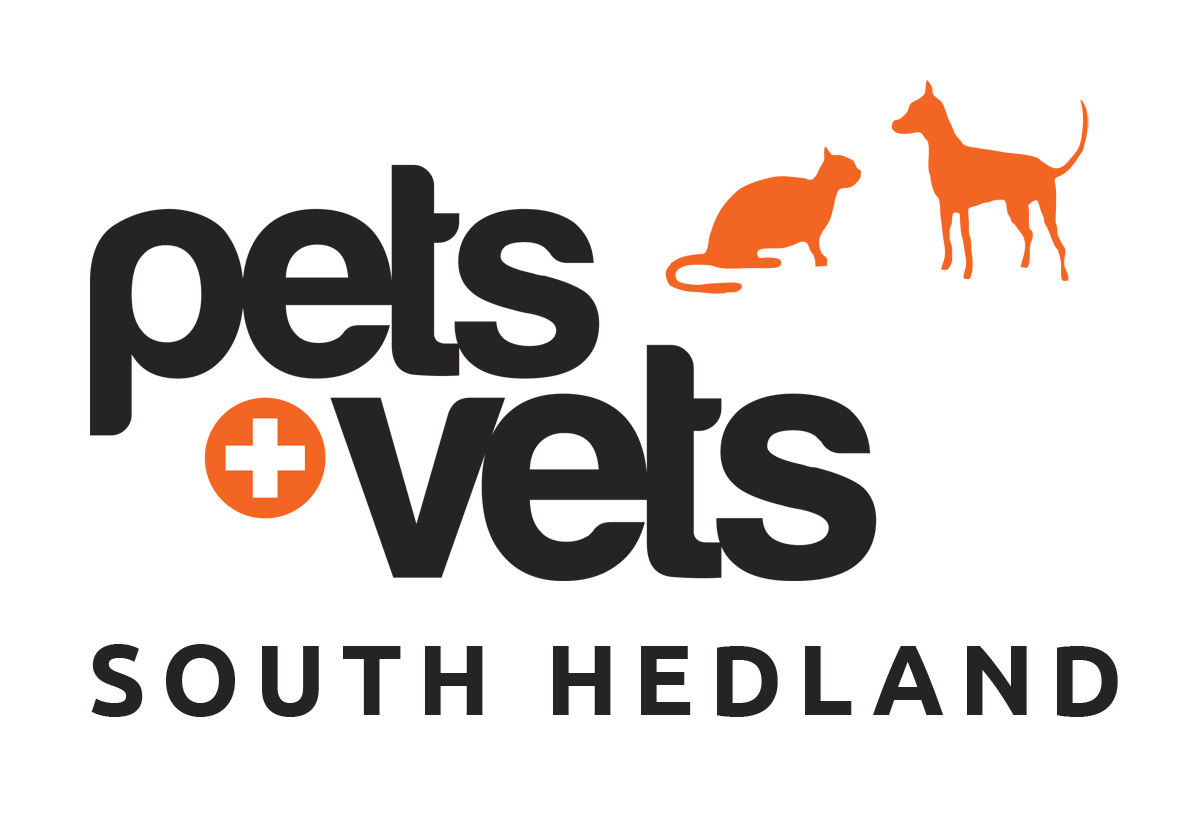Dentistry
Dental disease is one of the most common diseases in cats and dogs. Not only is dental disease painful for your pet, but the increased bacteria in their mouth can be associated with other conditions such as kidney disease, heart disease, and liver disease. As many as eight in ten pets have dental disease!
How do I know if my pet has dental disease?
Watch out for:
- smelly breath
- drooling or dropping food from their mouth
- a loss of appetite
- weight loss
What does dentistry involve at South Hedland Vet Hospital?
We can’t ask your pet to “open wide” – so dogs and cats with dental disease need a general anaesthetic to allow us to assess their teeth and clean thoroughly under the gum line. Severely diseased teeth are potentially very painful so we may need to remove them to prevent future problems.
Call South Hedland Vet Hospital to arrange a dental checkup today: (08) 9172 1608
Teeth Cleaning
Whenever there is an excessive build up of tartar or dental calculus on teeth, a pet will require a dental which is performed under an anaesthetic and teeth are ultrasonically cleaned and scaled.
An excessive build up will often cause offensive, smelly breath and severe inflammation of the gums. The gum inflammation can be seen as a bright red line at the junction of the gums and teeth, which leads to ulcers forming and the teeth loosening. Bacteria continue to build up in the mouth, until pus can be seen oozing from the gums whenever the area is pressed. Early detection will eliminate all these issues.
How often and when a pet requires a dental depends on the breed, metabolism, the dogs diet and the degree of preventative care administered by owners.
Small breed dogs usually require more dental care then larger breeds. Also the short-muzzled (brachycephalic) breeds require more dental care than dogs with longer muzzles. In both cases dental crowding is one of the biggest issues affecting care of the dog’s teeth.
Chewing bones a few times each week may assist a dog’s dental hygiene. Raw chicken wings or necks can be given as long as they are chewed and not swallowed whole. The safest bones to use are raw mutton flaps or raw brisket bones.
Dogs can be taught to have their teeth brushed. As dogs tend to swallow the toothpaste, it is important that you buy special dental preparations available through veterinary outlets, and do not use human toothpaste.
During your dogs annual visit for its yearly vaccinations, the vet will give it a full physical examination which will include checking its teeth. Plaque formation with tartar and gingivitis are very common and the yearly checkup is a good preventative measure. A severe infection of the roots and gums can result in the removal of all teeth.
Contact Us
South Hedland Vet Hospital
Mon - Fri: 8am - 6pm
Saturday: 9am - 12pm
Sunday: Closed
After Hours Only *
0439 005 423
*only to be used after hours, additional fees apply


